1. You’re Seeing More Store Closures and Empty Retail Spaces
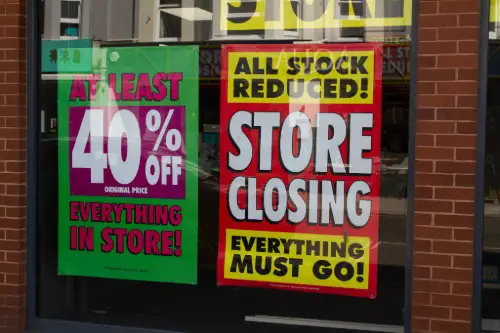
When a recession looms, brick-and-mortar stores often take the first hit—especially smaller ones without deep pockets. Businesses that rely on discretionary spending, like clothing stores, cafés, and fitness studios, tend to close when customers pull back. Even big-name retailers like Bed Bath & Beyond and Tuesday Morning shuttered locations during economic slowdowns, according to Kyle Chayka of The New Yorker. And when anchor stores go, the rest of the mall often follows.
You might have noticed more “For Lease” signs on Main Street or strip malls sitting half-empty. It’s not just a shift to online shopping; it’s a signal that consumer demand has dipped. Local economies suffer when small businesses fold, creating a domino effect that impacts jobs and municipal budgets. Recessions don’t just show up on stock tickers—they show up in the empty windows of your favorite corner shop.
2. You’re Hearing About Layoffs Everywhere
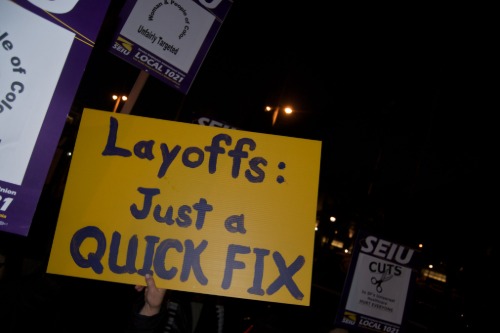
If it feels like every week brings news of another company slashing jobs, that’s not your imagination, Jennifer Sor of Business Insider explains. Mass layoffs tend to spike when businesses anticipate slower growth or look to cut costs quickly. Whether it’s tech giants trimming thousands or your local restaurant cutting shifts, job reductions are a major warning sign. The U.S. Labor Department tracks initial unemployment claims weekly, and spikes often show up right before or during recessions.
You’re also more likely to hear euphemisms like “restructuring,” “rightsizing,” or “strategic workforce realignment” rather than the blunt truth: layoffs. These announcements often come with press releases painting a rosier picture, but the effect on workers is the same. And when layoffs start showing up across industries—not just one or two—that’s when things get serious. If you’re hearing about friends or family losing jobs, it’s likely a systemic issue, not isolated bad luck.
3. Your Grocery Bill Keeps Climbing Even If You’re Buying Less
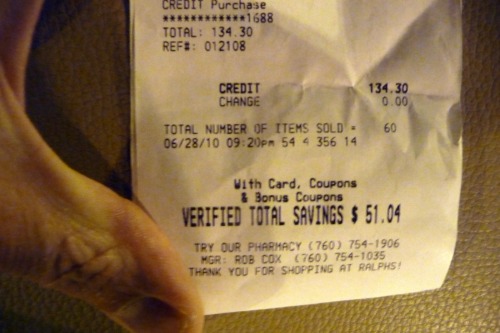
If you’re walking out of the store with fewer bags and a higher total, you’re not imagining it. Food prices tend to remain sticky even as the broader economy slows down, especially if supply chains are still recovering or fuel prices stay elevated, Emily Stewart of Business Insider explains. According to the Bureau of Labor Statistics, food-at-home prices often rise faster than wages during downturns. This squeezes lower- and middle-income households the hardest.
You might notice you’re making more trade-offs—switching from name brands to generics, or skipping extras like snacks and fresh produce. Inflation may technically be slowing, but that doesn’t mean prices are going back down; it just means they’re rising more slowly. And in a recession, wage growth typically stalls while necessities keep getting more expensive. So even though the word “recession” might not be in the headlines, your cart total is telling a different story.
4. Your Friends Are Taking on Second Jobs or Gig Work

It’s becoming increasingly normal to hear that someone you know is delivering groceries, picking up freelance work, or driving for a rideshare service—on top of their main job. During economic downturns, people often take on side hustles to bridge the gap between income and expenses, according to Wolf Richter of Wolf Street. The rise in gig economy participation can be a sign that full-time wages aren’t cutting it anymore. When traditional employment isn’t secure or sufficient, people diversify out of necessity.
This kind of hustle culture isn’t always about ambition—sometimes it’s survival. According to surveys by Pew and Gallup, more people cite “meeting basic needs” as their reason for gig work during tougher economic times. If you’ve noticed Uber and DoorDash deliveries increasing in your neighborhood, there’s a good chance your neighbors are also trying to stay financially afloat. It’s a quiet but telling indicator that the economy is strained.
5. Job Listings Are Shrinking or Getting Vague
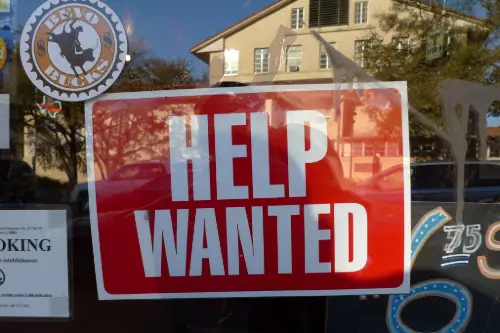
If you’ve been on LinkedIn lately and seen fewer job postings—or ones that are oddly vague—you’re not alone. When companies are nervous about the economy, hiring slows and postings get more generic or temporary. Open roles may be paused or removed quietly, even after being advertised. The Labor Department’s JOLTS report often shows a drop in job openings before a recession is officially declared.
And even when jobs are posted, many don’t include salary ranges or timelines, a sign employers are hedging their bets. Some companies are also hiring for “contract-to-hire” or temporary roles instead of full-time positions. That’s a clue they’re cautious about making long-term commitments. If your job search feels like it’s stalling, it may not be your résumé—it might be the economy tapping the brakes.
6. Rent Increases Keep Coming—Even as Other Costs Rise
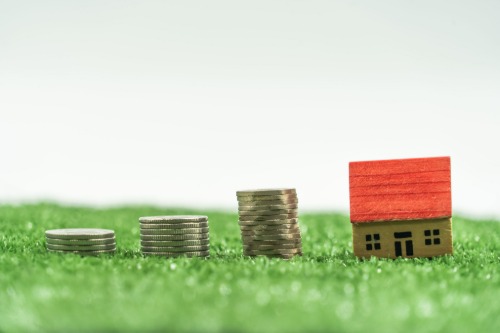
You’d think in tough times, rent would freeze or even drop—but not necessarily. In many cities, housing demand stays high even when the economy slows, especially if people are priced out of buying homes. With mortgage rates elevated, more people stay in the rental market longer, keeping demand (and prices) up. Landlords, facing their own rising costs, often pass those along to tenants.
During economic downturns, some landlords may even raise rent preemptively, fearing tenants might not be able to pay later. That puts renters in a difficult spot: higher living costs without a matching income boost. In cities without strong rent control policies, this pressure can push people to downsize, relocate, or move in with family. Rising rent during a recession doesn’t just hurt—it signals economic imbalance at a core level.
7. Your Savings Are Shrinking (If You Even Have Any)
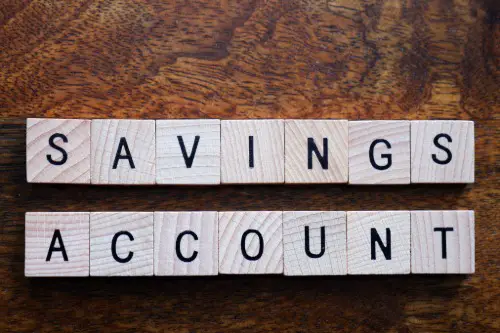
If your emergency fund feels more like a “grocery gap filler” these days, you’re not alone. During periods of economic uncertainty, people dip into savings more frequently—often not by choice, but necessity. The Federal Reserve has reported that the personal savings rate tends to drop before or during recessions. That’s because wages stagnate or drop while the cost of living doesn’t slow down.
In 2020, savings spiked due to stimulus checks and reduced spending during lockdowns. But as inflation returned and wages struggled to keep pace, those reserves were quickly eroded. If you find yourself transferring from savings to cover rent, utilities, or gas, it’s a clear sign your income can’t keep up. That’s not poor planning—it’s a systemic signal of broader financial strain.
8. Credit Card Debt Is Creeping Up Again

If you’ve noticed your credit card balance climbing—even if your spending hasn’t changed much—you’re not alone. During economic downturns, people often rely more heavily on credit to bridge the gap between income and rising costs. According to the Federal Reserve Bank of New York, U.S. credit card debt surpassed $1 trillion in 2023, and levels tend to rise further during tough economic periods. Higher interest rates only make it harder to pay that balance down.
Many Americans are using credit for everyday necessities like groceries, gas, and utility bills—not just luxury purchases. That’s a sign that wages aren’t keeping pace with inflation or that people have exhausted their savings. In a recession, debt stops being a tool and starts feeling like a trap. If the monthly minimums are getting harder to meet, the economy may be tilting more precariously than the headlines admit.
9. Pay Raises Are Getting Smaller—or Disappearing
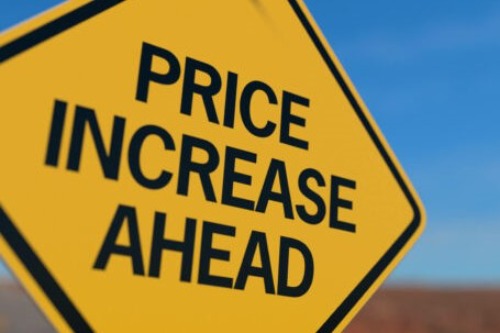
Remember when annual raises felt like a given, even if they were modest? That’s changing fast. In a tightening economy, companies often freeze salaries or offer raises that don’t keep pace with inflation. So even if you’re technically earning more, your real purchasing power may be shrinking.
The Employment Cost Index, published by the Bureau of Labor Statistics, tracks these trends, and slower wage growth is a common early sign of recession. Some companies also shift compensation through one-time bonuses instead of permanent increases, hoping to stay flexible. If your raise was less than inflation last year, you’re effectively earning less than you did before. And if your company didn’t give one at all, they might already be bracing for leaner times.
10. Companies Are Quietly Cutting Perks and Benefits
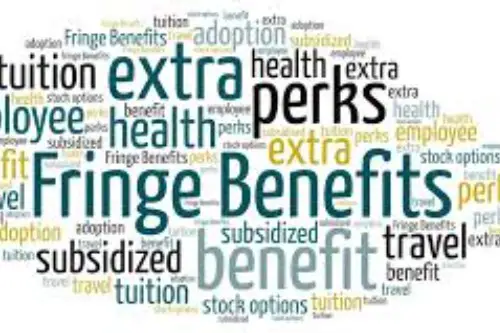
You may not have seen a layoff notice, but if your company just pulled back on free lunches, travel budgets, or matching retirement contributions, pay attention. Pulling back on perks is a sneaky but common way for businesses to save money without making headlines. It’s often the canary in the coal mine—cut perks today, cut jobs tomorrow.
During recessions, businesses tighten budgets across the board, and employee benefits are often early targets. Even small changes—like switching to cheaper health plans or reducing training programs—signal broader financial concerns. If it feels like the vibe at work is getting stingier, it probably is. These slow-drip changes add up and reflect deeper worries about the economic outlook.
11. Stock Markets Are Volatile and Investor Confidence Feels Shaky
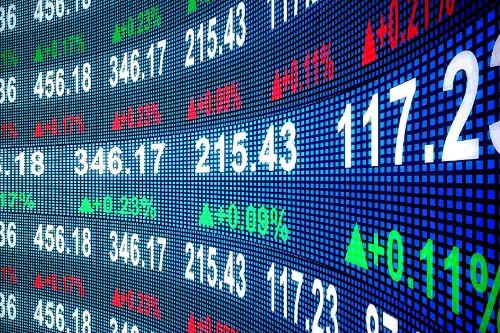
If your 401(k) is swinging like a rollercoaster and market pundits can’t agree on what’s next, that’s a red flag. Recession fears often fuel stock market volatility, especially in sectors like consumer discretionary, banking, and tech. While the market doesn’t always predict recessions perfectly, sharp drops or erratic rebounds often mirror broader economic anxieties.
Investors tend to pull money out of riskier assets when they sense instability, leading to volatility across the board. Economic indicators like GDP growth, consumer sentiment, and manufacturing activity all influence market behavior. If you’re hearing more talk about “soft landings,” “inverted yield curves,” or “stagflation,” it usually means Wall Street is on edge. And when the markets are nervous, it’s rarely without reason.
12. Your Utility Bills Are Higher—and You’re Cutting Back
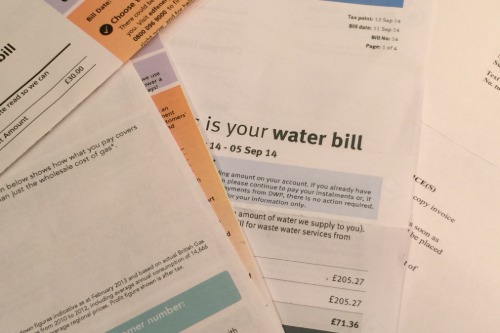
Energy costs don’t always follow the same trajectory as other prices. Even during economic slowdowns, utility bills can spike due to supply chain constraints, geopolitical issues, or seasonal surges. Many households find themselves cutting back—keeping the thermostat lower, turning off lights obsessively, or delaying home maintenance—to manage rising monthly costs.
During recessions, utility costs can become disproportionately painful because they’re non-negotiable. You can’t exactly skip heating or water, so higher bills force cuts elsewhere in your budget. If you’re consciously scaling back your usage and still getting sticker shock, it’s a signal that your budget is stretched thin. That kind of financial juggling is one of the quiet hallmarks of a recession.
13. People Are Delaying Big Life Moves—Buying Homes, Having Kids, Retiring

When people get uncertain about the economy, they delay major life decisions. Whether it’s putting off having a child, shelving retirement plans, or postponing a home purchase, these choices are heavily influenced by financial confidence. Home affordability, in particular, is a major issue—mortgage rates remain high while prices haven’t come down enough to compensate.
According to Census data and surveys by institutions like the National Association of Realtors, first-time homebuyers are getting older, and new household formation is slowing. Retirement planners also report people working longer or delaying Social Security claims. These aren’t just personal decisions—they’re signals of broader economic hesitation. When society collectively hits pause, it’s rarely just about individual timing.
14. Nobody’s Saying “Recession”—But Everyone’s Acting Like It
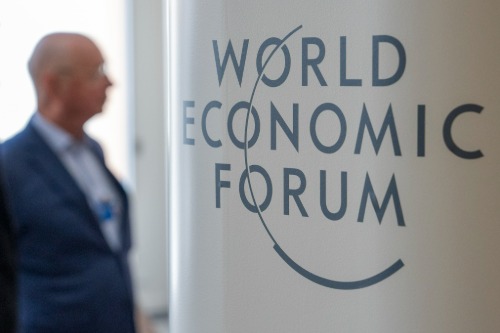
Here’s the real kicker: even if no one is using the R-word, the behavior of people, companies, and governments might be screaming it. Politicians, economists, and CEOs are often reluctant to say “recession” out loud because it can become a self-fulfilling prophecy. But if hiring slows, spending drops, and everyone’s tightening their belt, the practical impact is already here.
Language around the economy gets squishier in times like these—terms like “soft landing,” “technical slowdown,” or “period of adjustment” get thrown around. But whether or not a formal declaration comes from the National Bureau of Economic Research (which can take months), you feel the effects in real time. When you and your community are bracing for impact, it doesn’t matter what the experts call it. Sometimes, if it walks like a recession and quacks like a recession—well, you know the rest.


